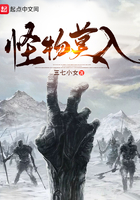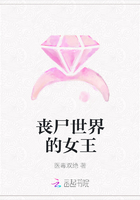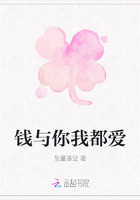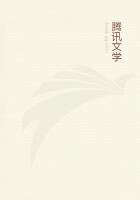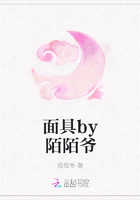Today, Lao Tzu is greatly honored by Chinese blacksmiths and those who work metal and iron. He can be seen as the “patron saint” of this profession in much the same way as Chinese carpenters regard the famous Lu Ban. Today in Luyi County, a custom persists among the local people of performing what is known as the “Forging Iron Dance,” which is a celebration and a commemoration of the Great Sage’s skill in metalworking.
As the popular ballad goes: “Firstly beat the iron, secondly beat the steel, thirdly strike a sickle, fourthly strike a spear, fifthly light a fire, sixthly sift the charcoal, seventhly forge a hoe, eighthly forge a sword, ninthly forge a crescent axe, and tenthly forge an adamant drill, adamant drill....”
Depressing as it may be, it seems a feature common to many cultures that great advances in metalworking are invariably first manifested in the production of more sophisticated and destructive weapons. Such developments made the turbulent days of the Spring and Autumn Period (770 BC-476 BC) in ancient China even more unstable. Internecine warfare broke out among the Zhou Dynasty (11th century BC-256 BC) hierarchy. In 516 BC, it is recorded that a vanquished Zhou prince, his political and military ambitions stymied in his homeland, fled to the State of Chu, carrying with him the greatest and most valuable books and archives that made up the royal library. It is said that Lao Tzu couldn’t bear the loss of so many of the precious volumes which he had cared for so lovingly. It is said he retired from official duties and returned to a simple life in his homeland.
A local opera item known as the Henan Zhuizi tells the story of the meeting between the two great masters of Chinese civilization, Confucius and Lao Tzu. It is said Confucius asking Lao Tzu about the performance of rites— this too is recorded in the Historical Records and is held by most modern scholars to be credible. Lao Tzu and Confucius lived in the same period, but Lao Tzu was 20 years older than Confucius. According to historical records, they met each other three times, twice in Lao Tzu’s hometown. Confucius, the twin pillars of whose doctrine and belief were rites and benevolence, met with and had an exchange of views with Lao Tzu who advocated returning to nature. The dialogues between the founders of Taoism and Confucianism set in train a process whereby the thoughts of the two schools commingled and could develop harmoniously in later ages.
Though each of the two had their own individual beliefs in terms of how best the world might be morally improved, Confucius still greatly appreciated Lao Tzu’s erudition and deep thoughts. He even compared Lao Tzu to a dragon, incomprehensible and ineffable. Gazing on a flowing spring river, Confucius observed, “The passage of time is just like the flow of water, which goes on day and night,” while Lao Tzu observed, “The supreme god is like water, which nourishes all things without trying to.”
The river that crosses Luyi County from west to east has been flowing silently across the land for thousands of years. It is the Wohe River. At the beginning of the 6th century, the ancient geographer Li Daoyuan, after visiting Lao Tzu’s hometown, described it thus: The Wohe River lies to the south of Luyi. However, judging from the geographic position of today’s Taiqing Palace, The Wohe River is exactly to the north, which thus has recently raised further questions over the birthplace of Lao Tzu.
Lao Tzu has for millennia slept the sleep of ages and would be quite amazed and no doubt quite amused by the fact that people over 2,500 years after his death should be still heatedly and ceaselessly arguing about the exact location of his birthplace, which to the Great Sage would see as utterly meaningless. What really matters is, he has passed on his thoughts to the people and the Taoism he created and constructed constitutes a profound philosophical system that has had an enormous influence on the politics, culture, and economic life of China.







